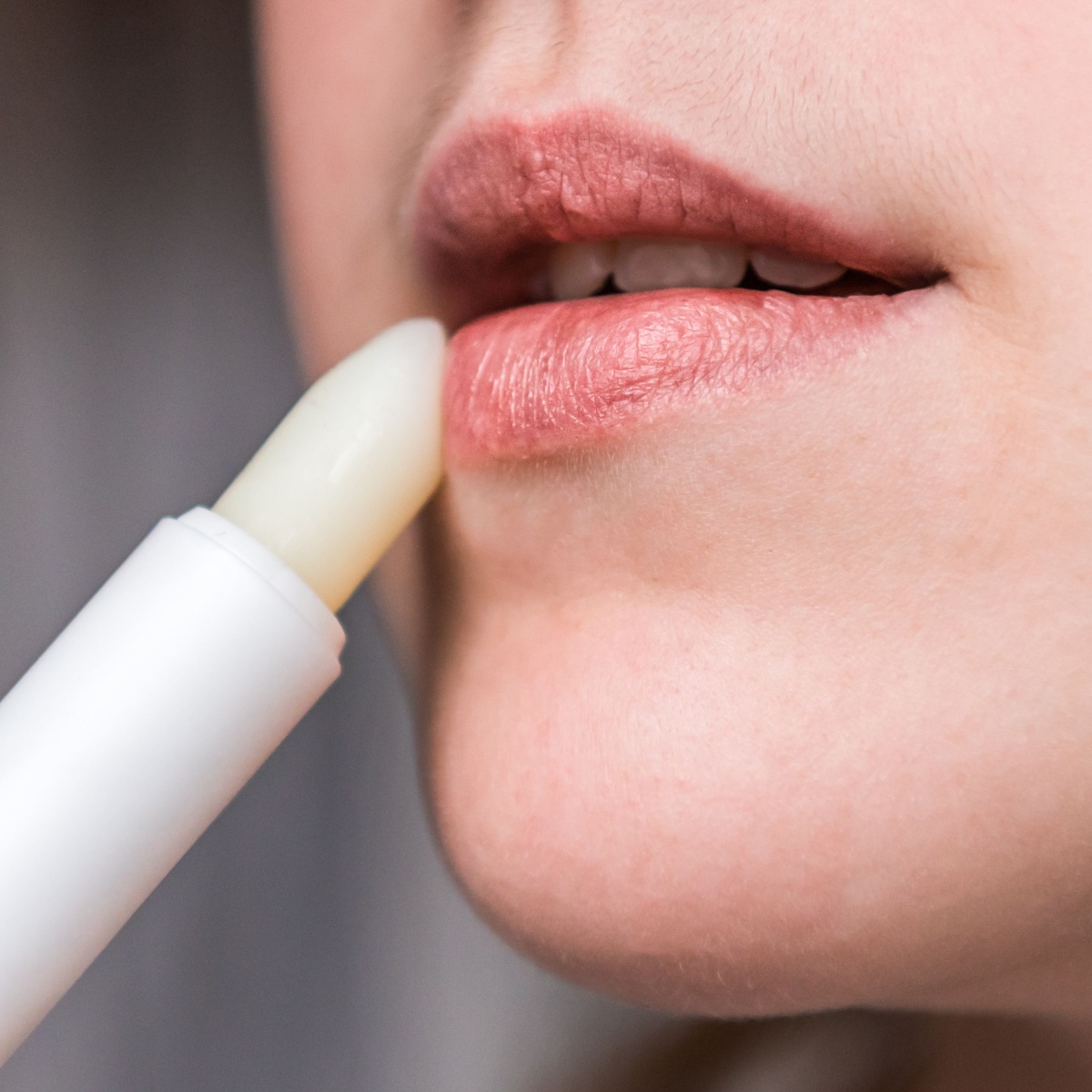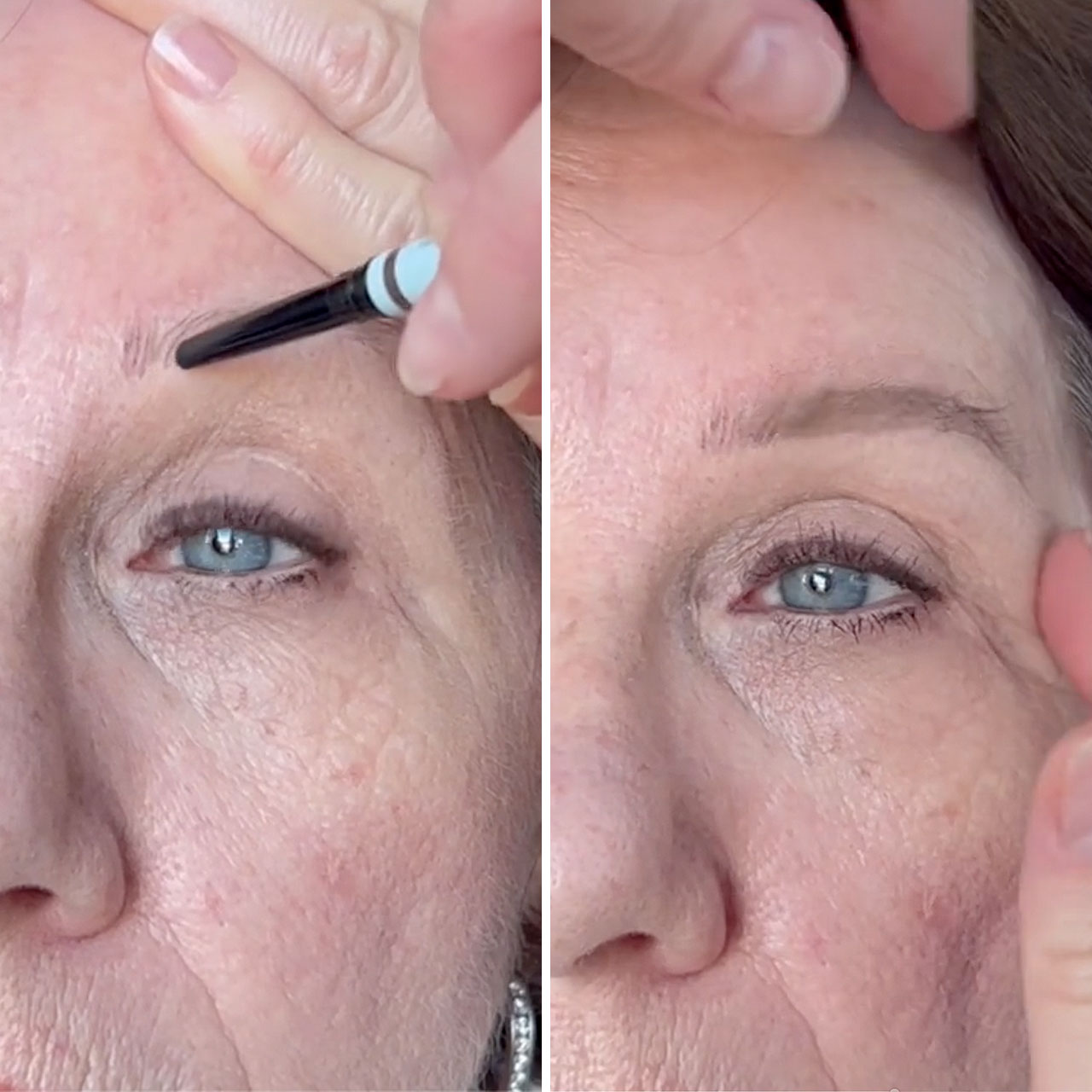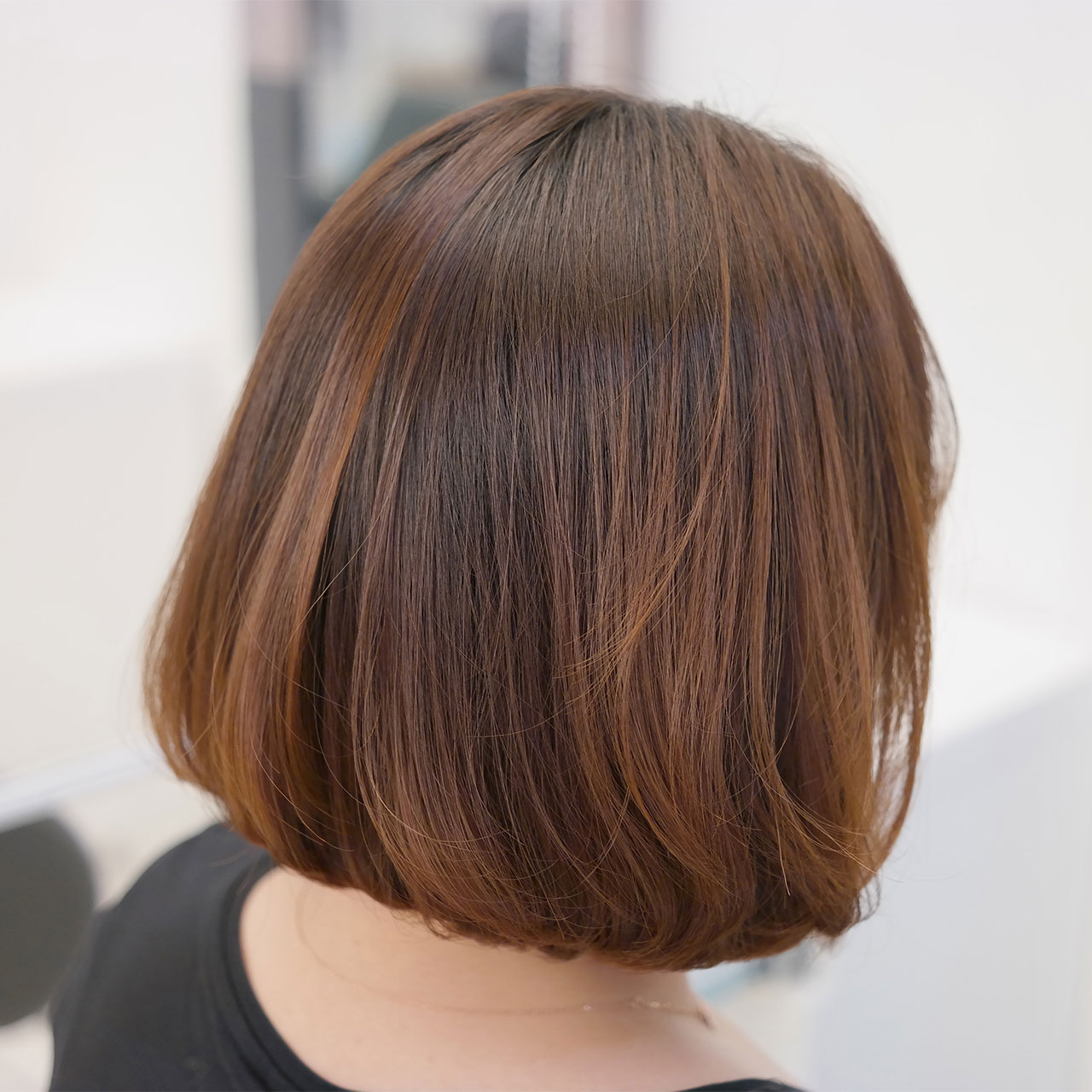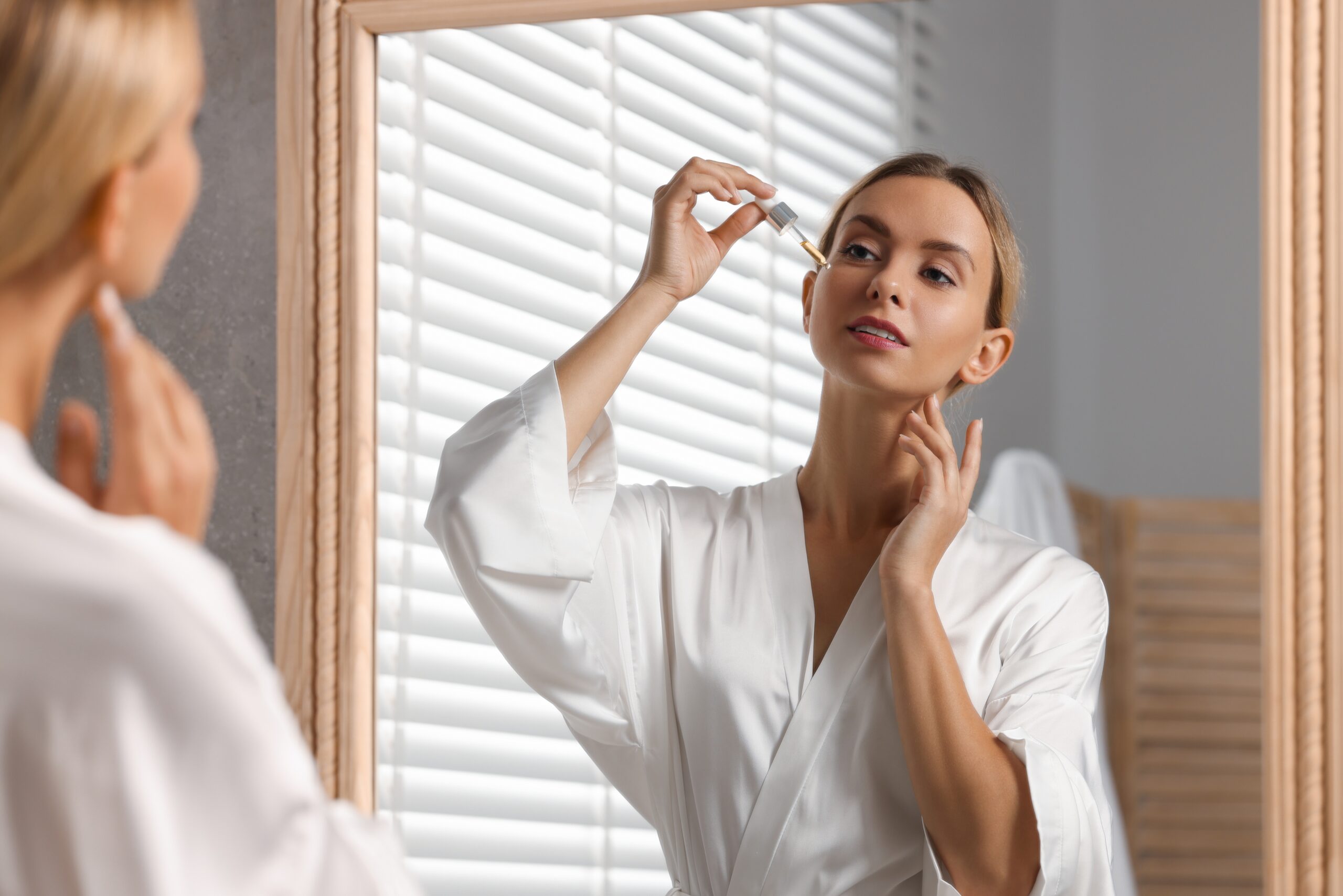This is an archived article and the information in the story may be outdated. Please check the time stamp on the story to see when it was updated last.
For most of us, eye cream is an essential step in our daily beauty routines. No matter which one you use, these creams are designed to deliver extra hydration to the sensitive area under the eyes and repair or prevent damage.
Because the skin underneath our eyes is so sensitive, it is extra susceptible to signs of aging like wrinkles and fine lines. Not to mention the dark circles we all experience as a result of sleep deprivation, allergies or nutrient deficiencies.
So eye cream has become a must-have. However, your eye cream may be causing additional damage to your skin – even though it is supposed to be repairing damage.

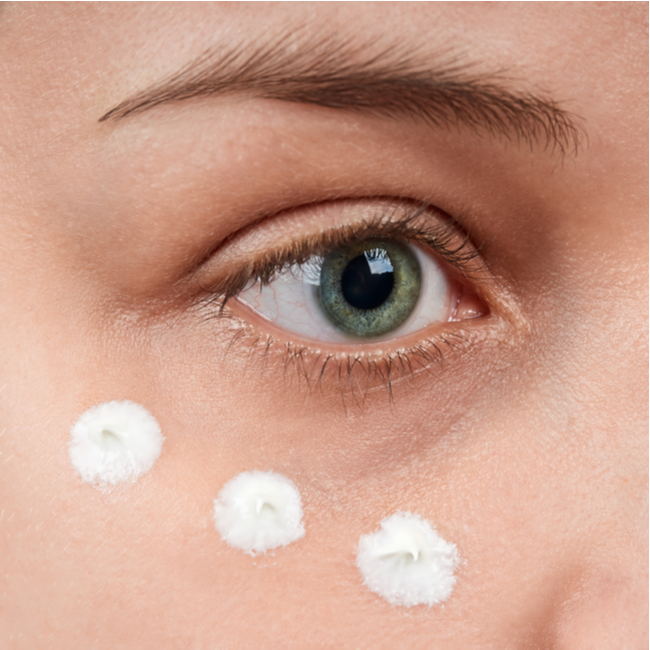
Daniel Belkin, MD FAAD, a dermatologist and dermatologic surgeon at New York Dermatology Group, told SheFinds that everyone should be aware of the risk of allergic contact dermatitis.
This is an irritation that occurs when your skin has direct contact with a substance that causes an allergic reaction. And your eye cream is quite likely to cause allergic contact dermatitis, especially because the skin in this area is so sensitive.
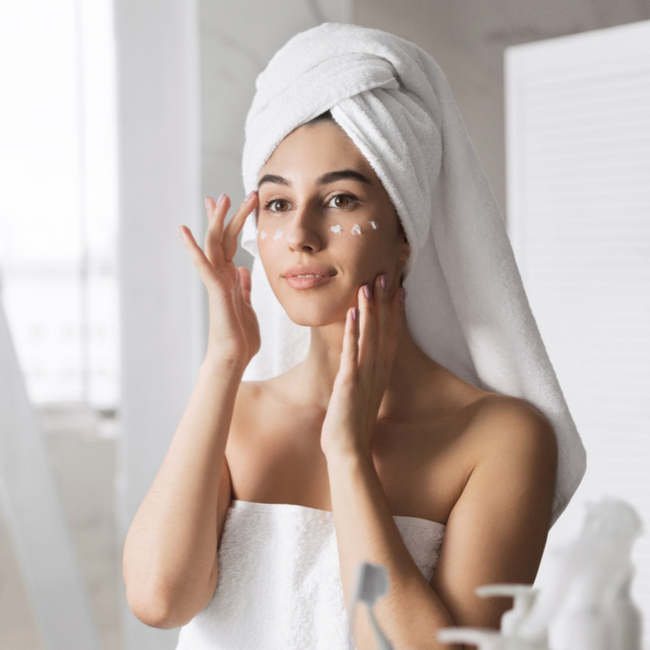
To avoid allergic contact dermatits, be careful about which eye creams or serums you use. Instead of trying a new product directly under your eyes, first test it on the back of your hand or your arm to make sure your skin does not have a reaction.
Also, pay attention to the ingredients in your eye cream. If there is an ingredient you don't recognize, research it and determine if you think it is a match for your skin. Typically, eye creams with nourishing oils and hyaluronic acid are a good bet.









